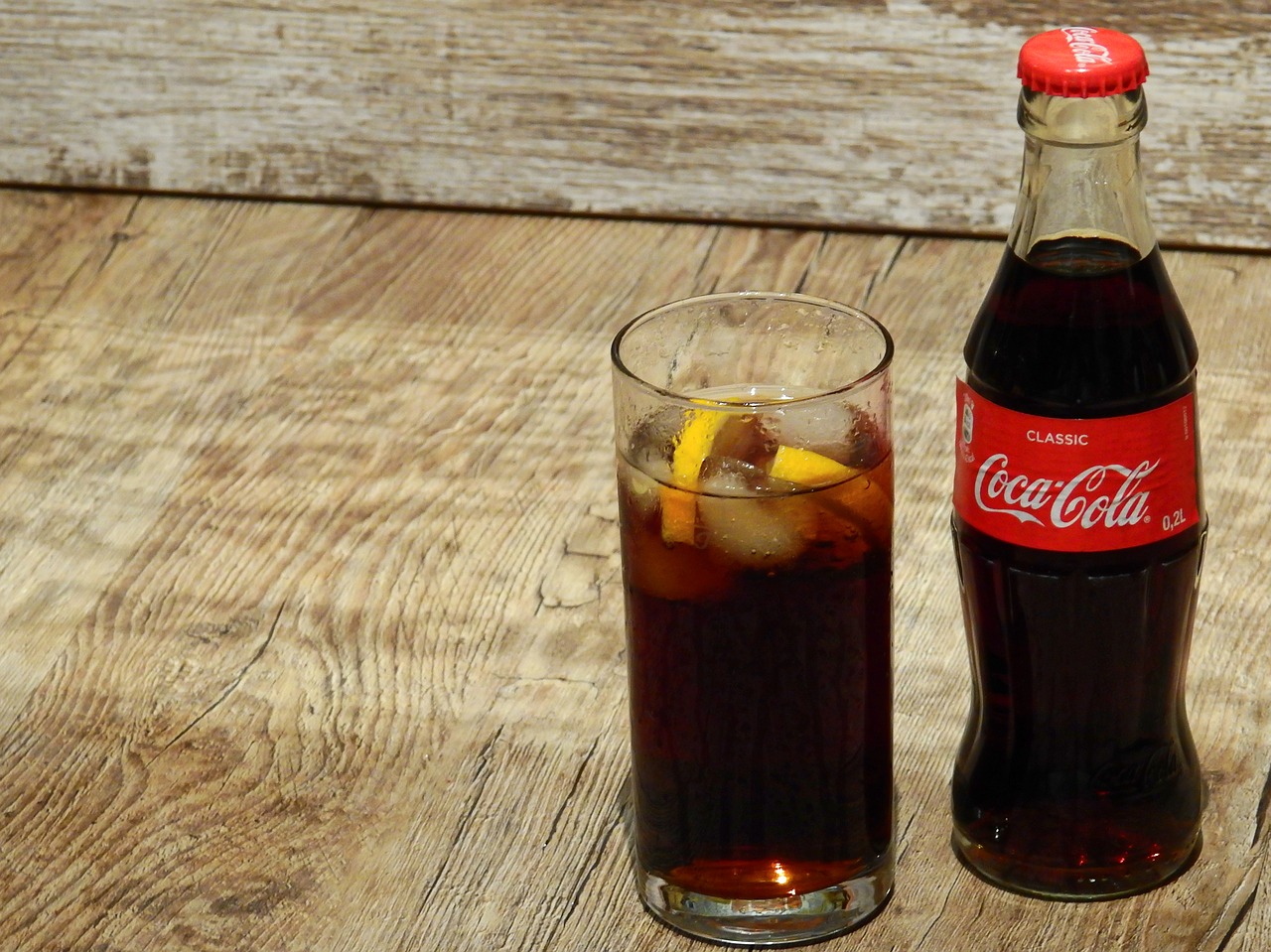Fake news bounces off established brands
Fake news postings in social media hardly damage the reputation of established brands. Although most users are skeptical of negative content about well-known brands, they still tend to trust the brands themselves. This is the result of a study by North Carolina State University.

According to the study, many users fundamentally do not trust news on social media. "When companies communicate the truth to fake news stories, they have to pay attention to the trustworthiness of each social media platform. They then need to decide which social media is suitable to target customers," explains Yang Cheng, co-author of the study.
As the news portal Pressetext writes, for their scientific study the researchers analyzed the example of a false report about the Coca-Cola company that circulated on Facebook in 2016. It claimed that the beverage company had to take back bottles of its Dasani water brand because they were infested with parasites.
Customers trust their brands
In total, the team showed the fake news story to 468 study participants and asked them about it without telling them it wasn't true. They then revealed the story to be false and asked the study participants again. It turned out that respondents were more likely to see through Fake News when they trusted Facebook less.
The more the respondents trusted themselves to recognize false reports, the less they believed the Dasani story. However, there was little change in respondents' trust toward the Coca-Cola or Dasani brand. According to Cheng, it would be interesting to explore how fake news can affect the reputation of smaller or newer brands. (pte)








